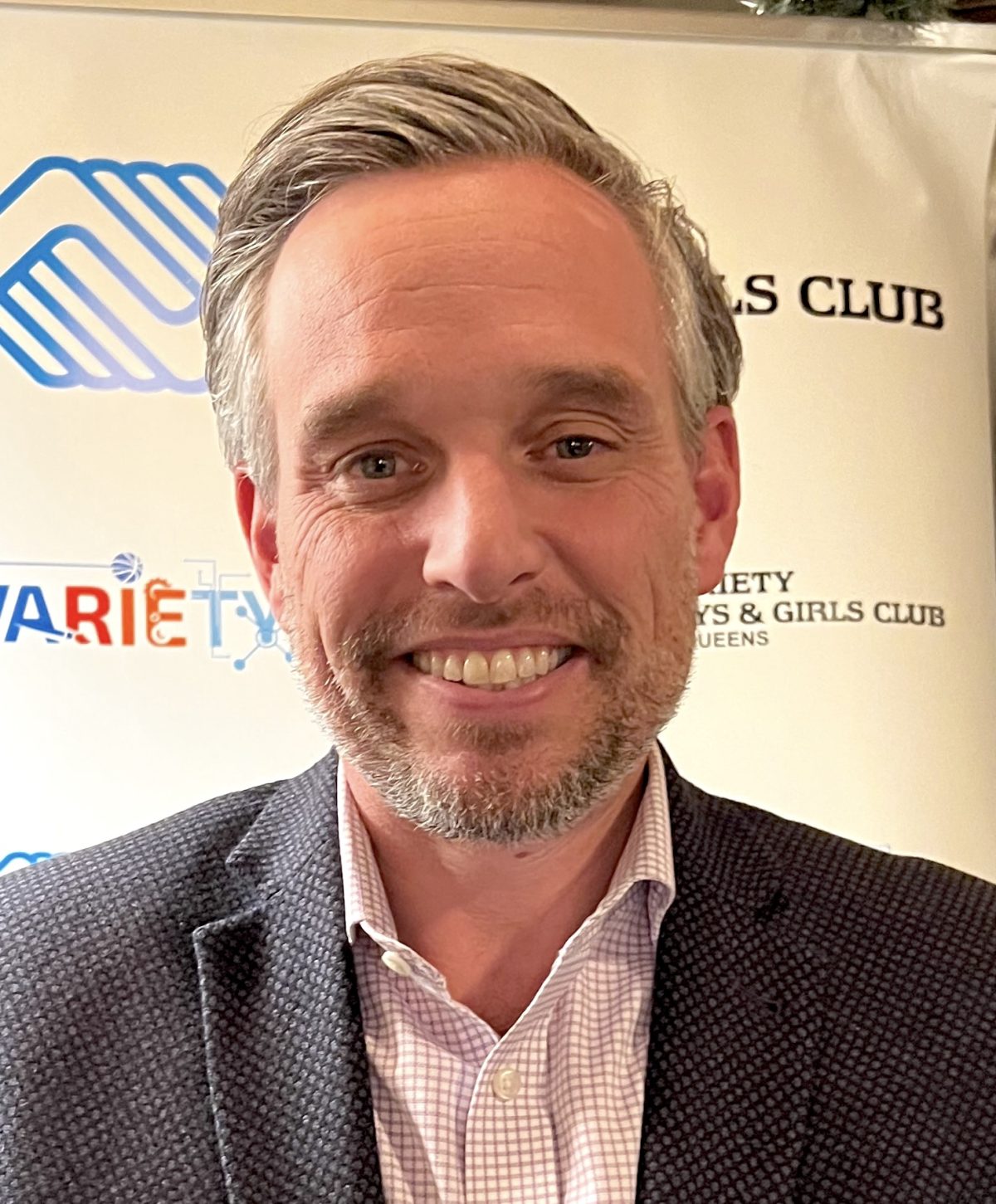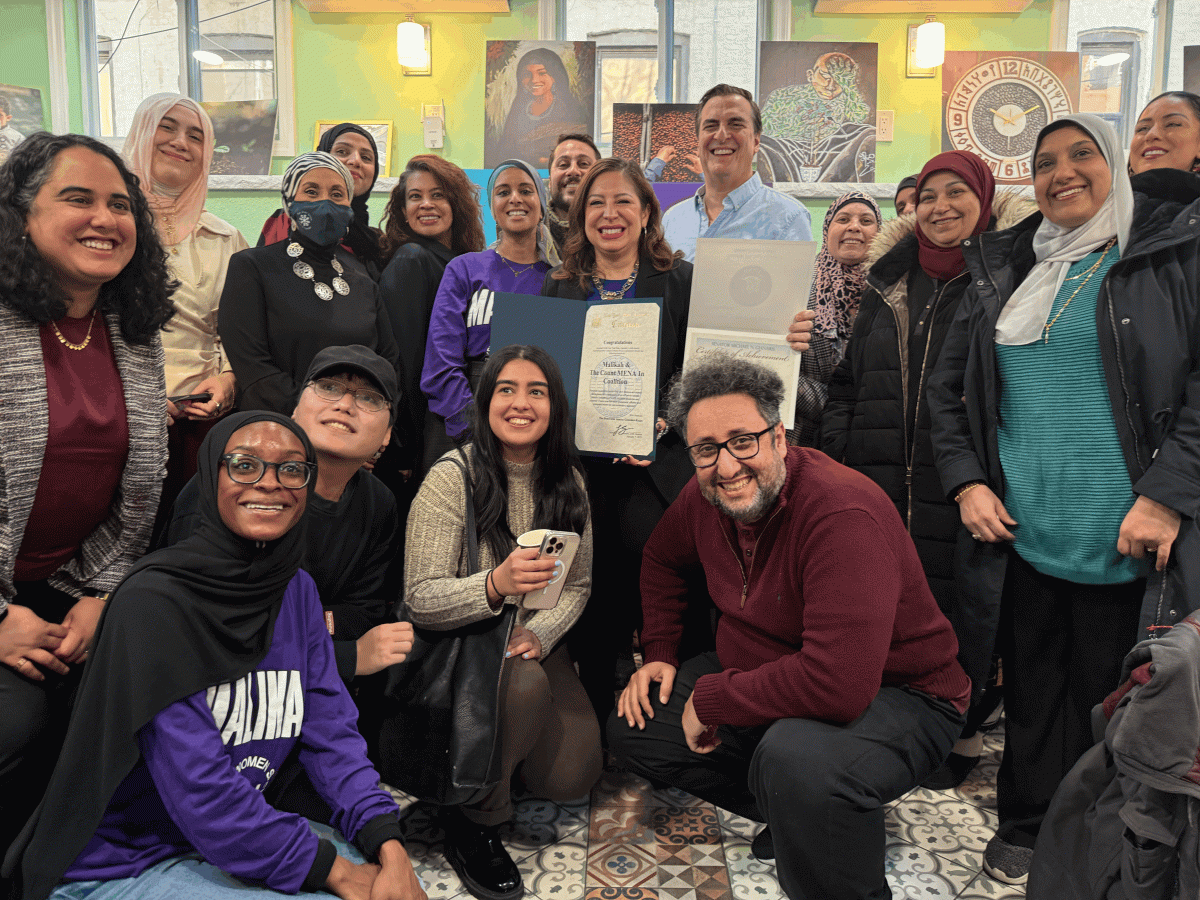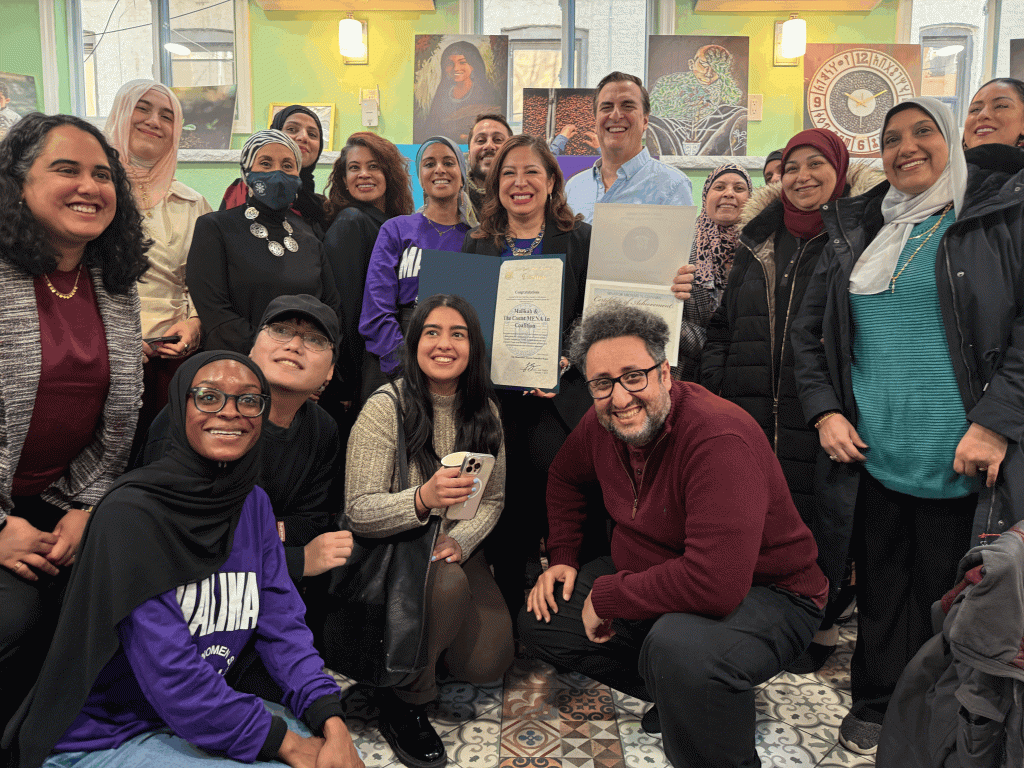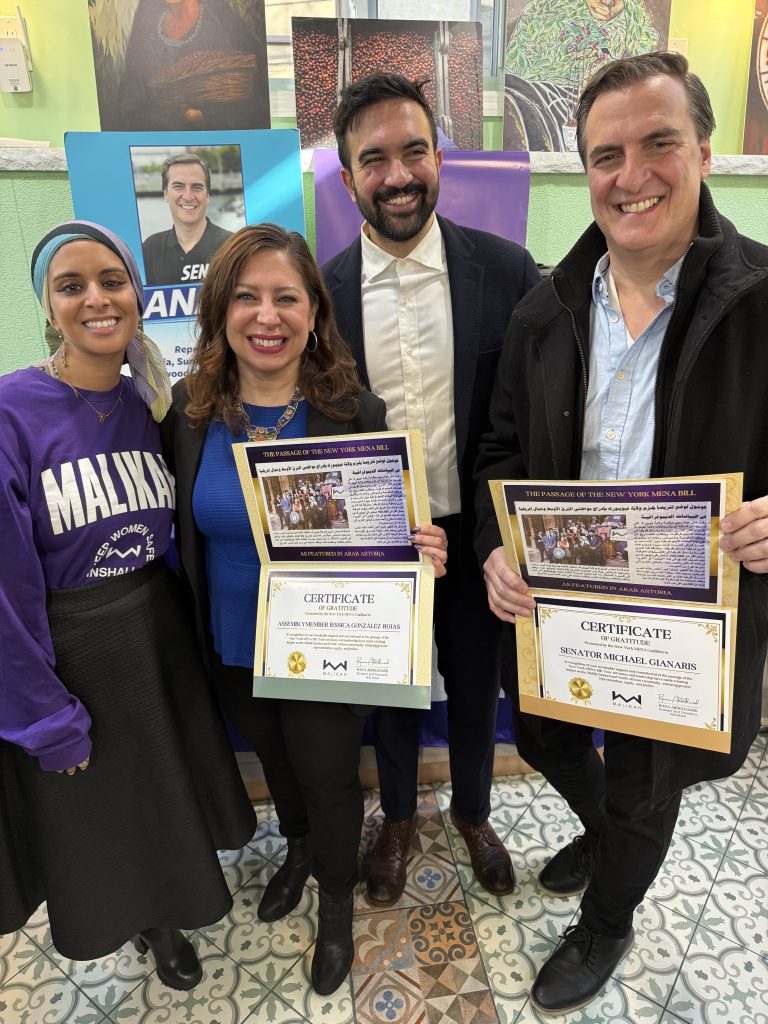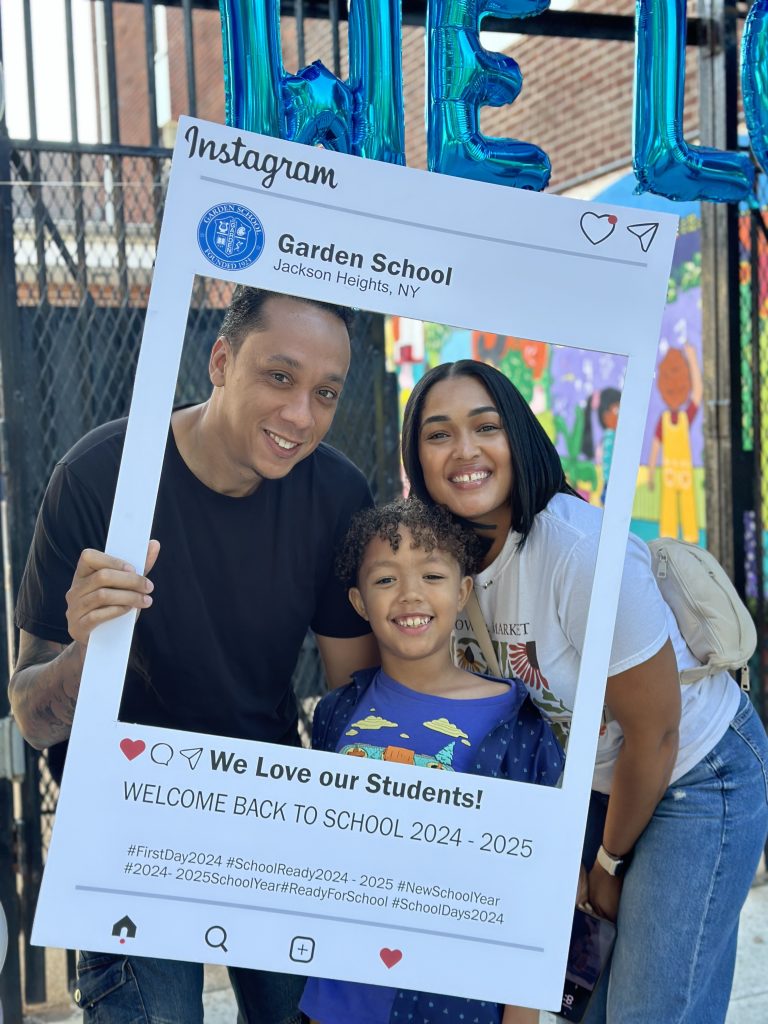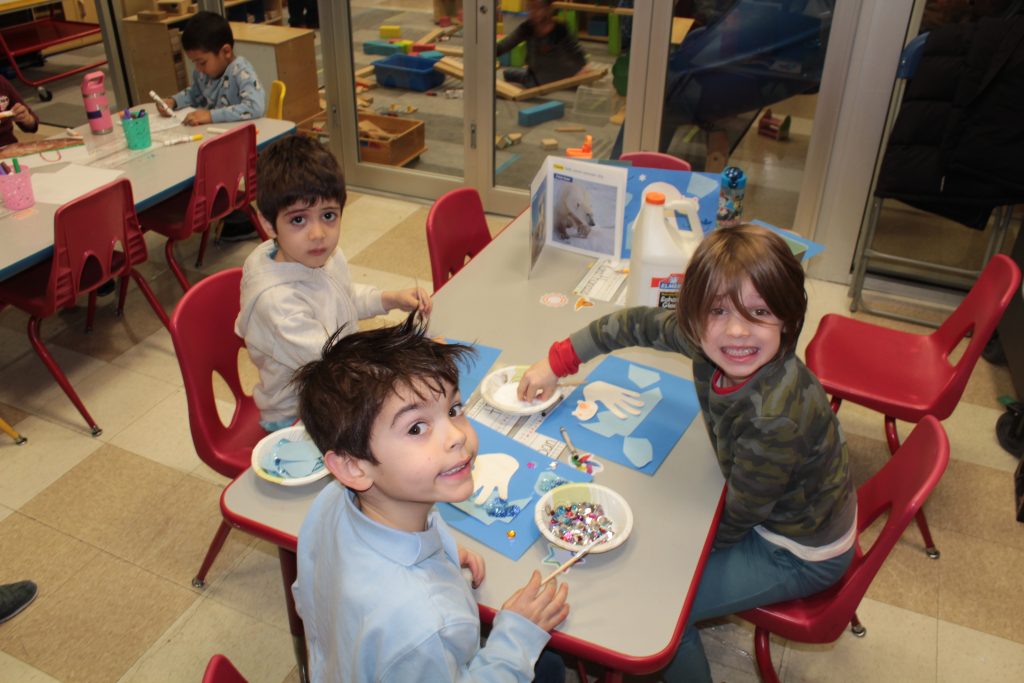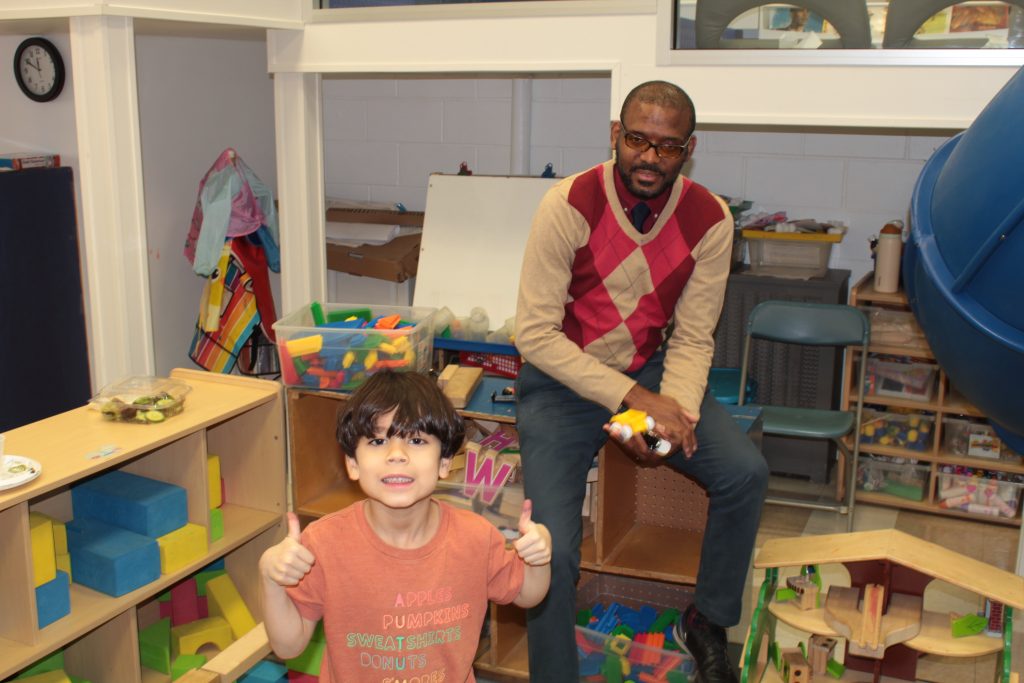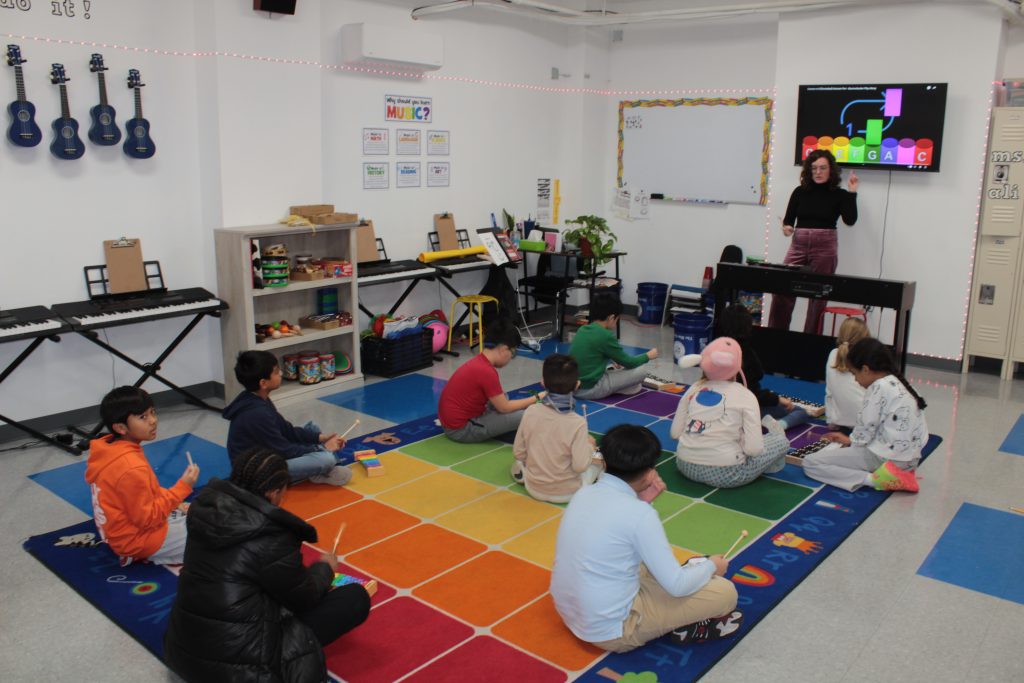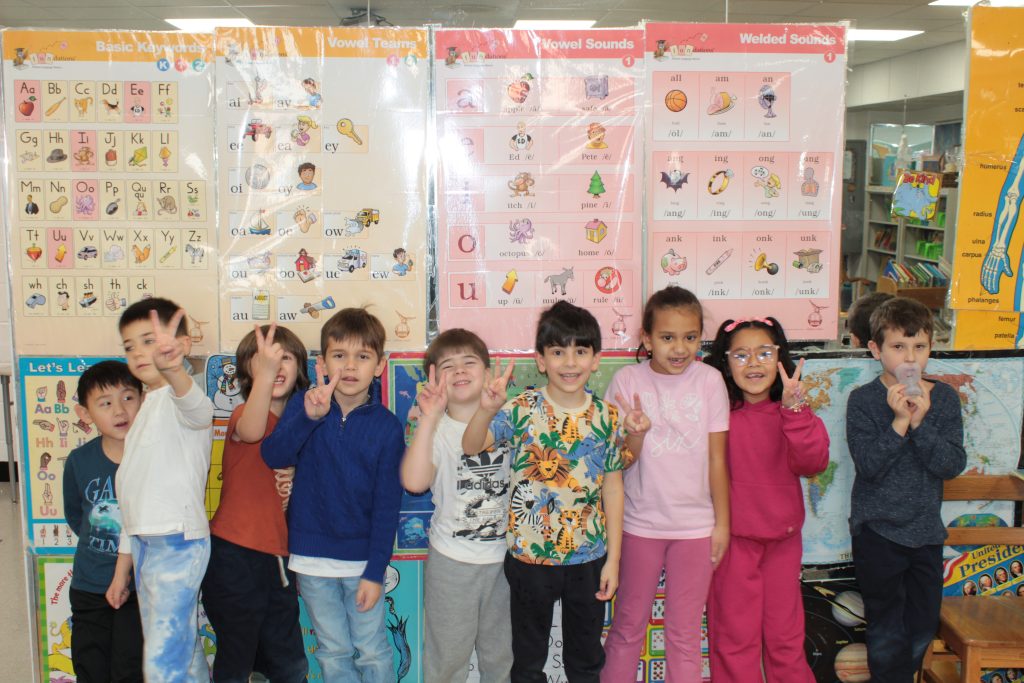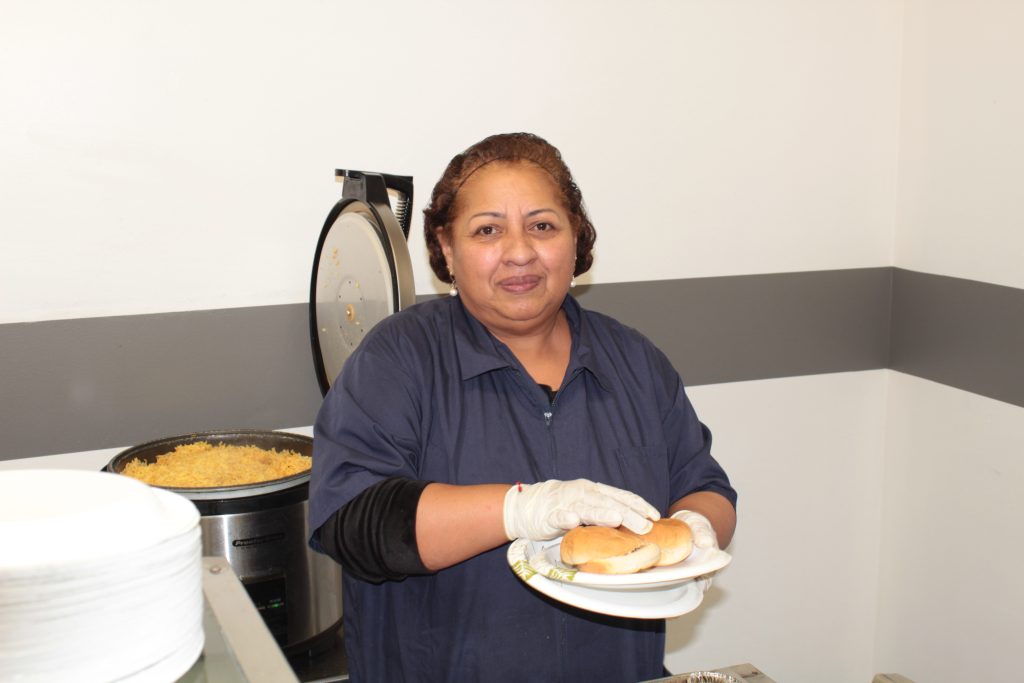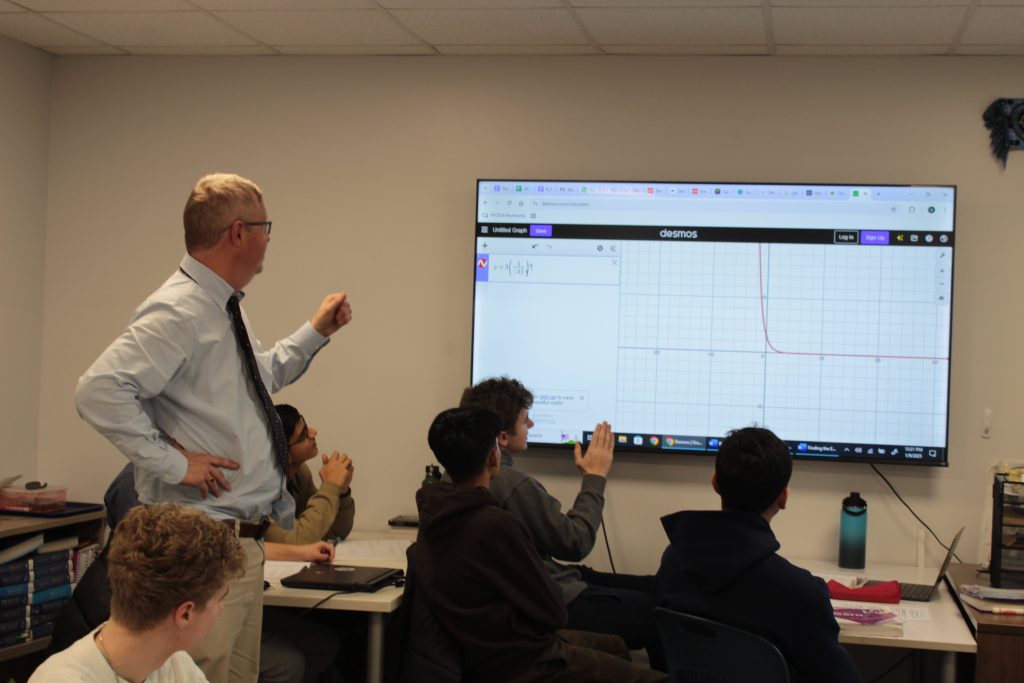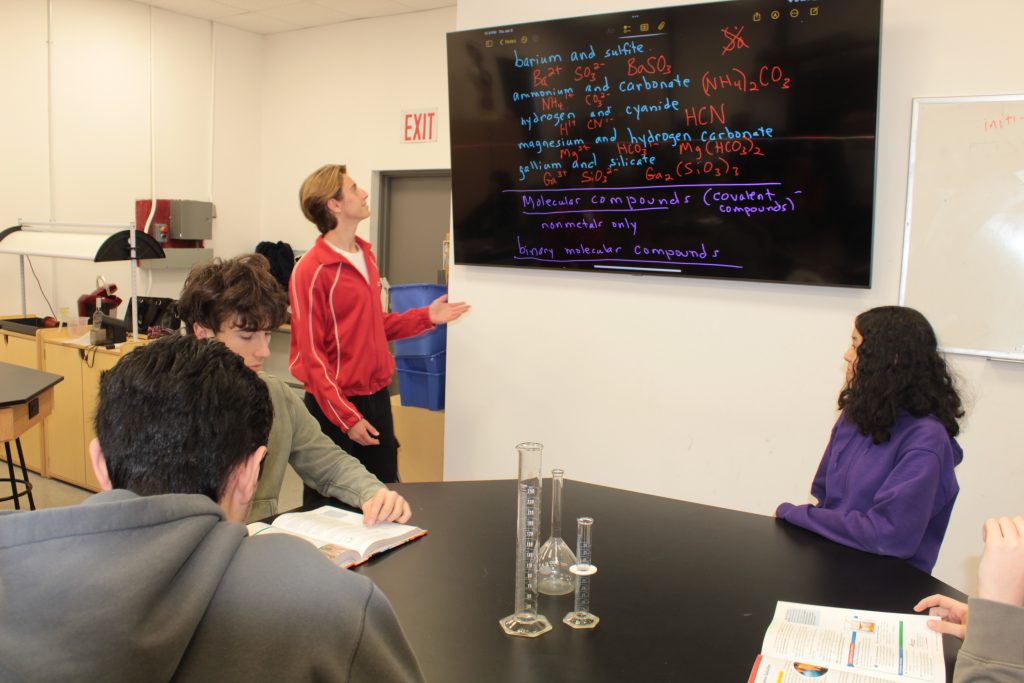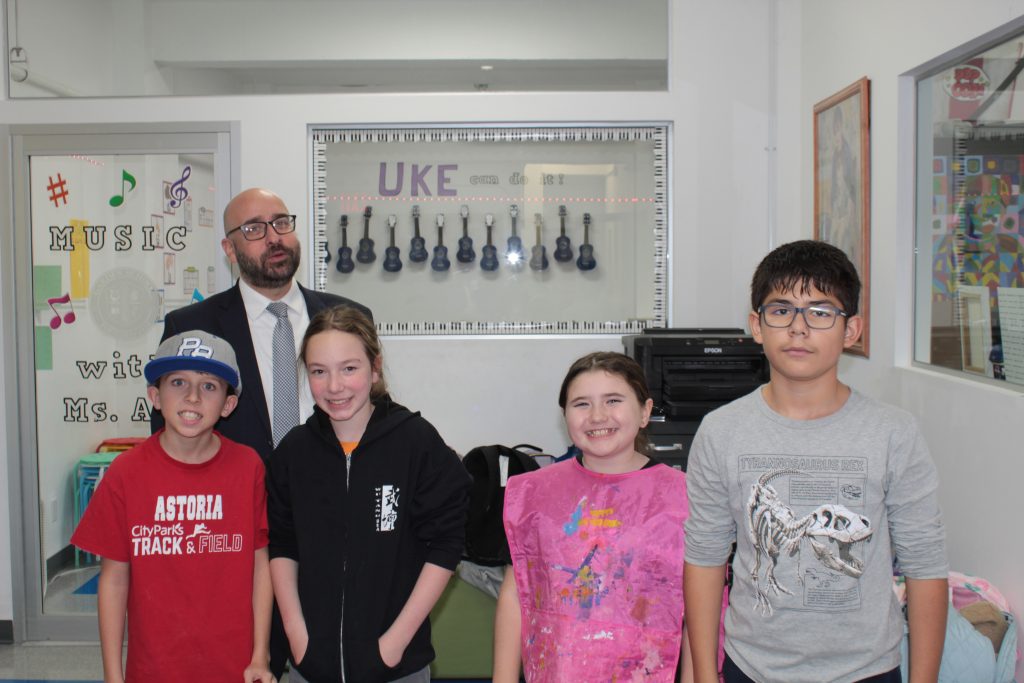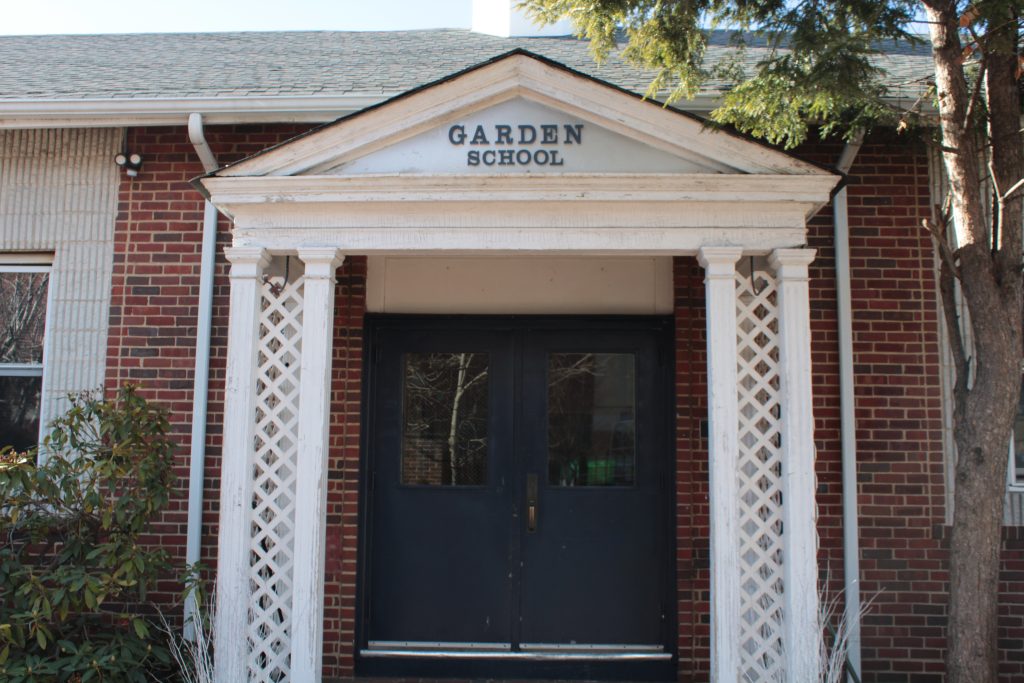Kirby, Wilpon and O’Grady Added to Board of Governors at Variety Boys & Girls Club
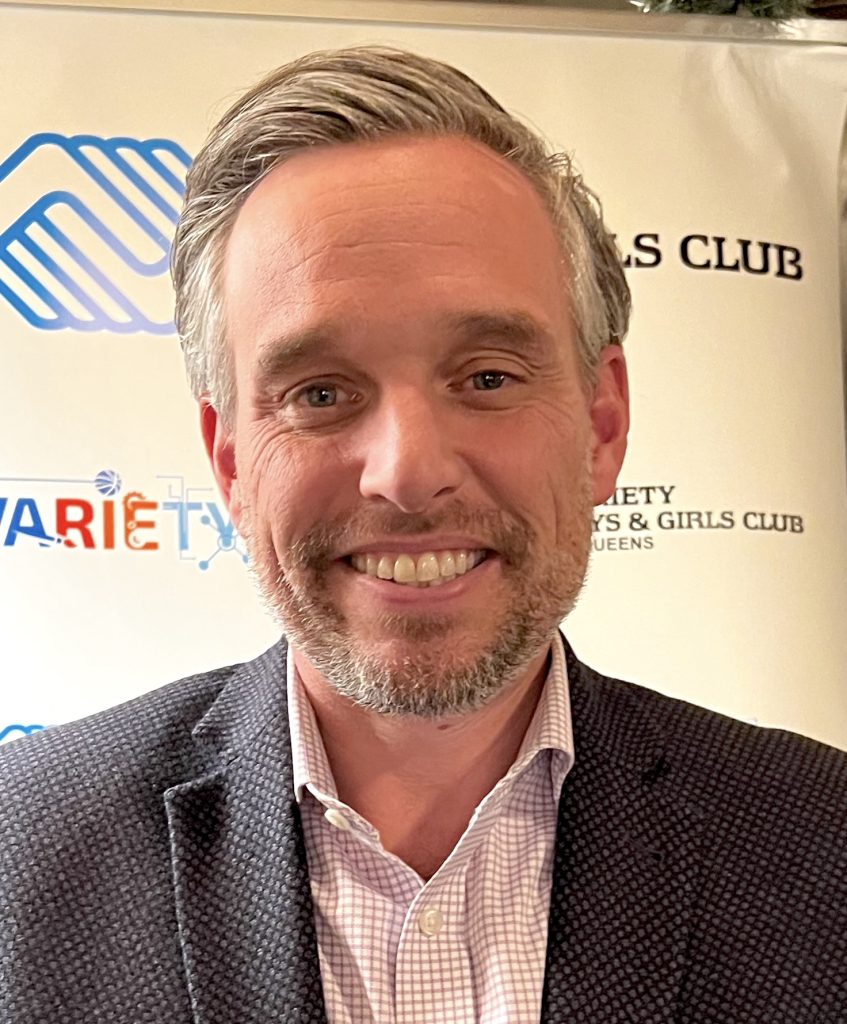
The Variety Boys and Girls Club of Queens, located on 21st Street in LIC, announced three additions to its Board of Governors joining the founding leaders of the group. The three leaders joining the Board of Governors are Paula Kirby, Matthew O’Grady and Maria Wilpon. The Board of Governors at VBGCQ play a pivotal role in the organization bringing together some of the Borough’s best and brightest to help chart the course for Variety’s substantial growth goals of serving 30,000 youth by 2030. The ‘30 by 30’ campaign provides youth in Queens free access to afterschool and weekend programming allowing each child to reach for the stars and their dreams.
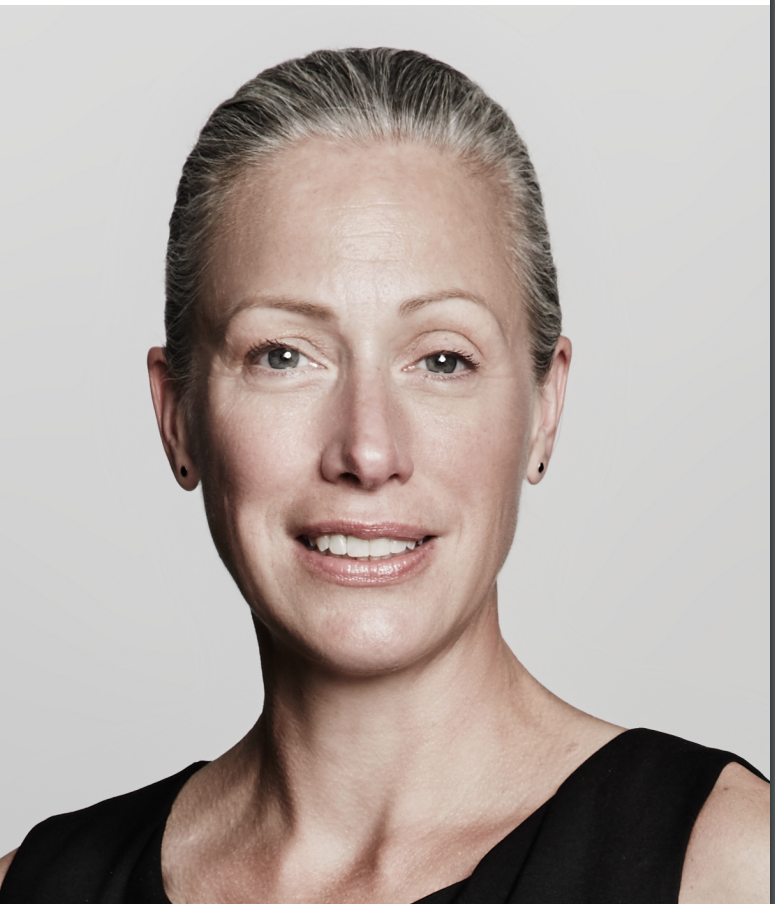
Paula Kirby is Managing Director of Plaxall, a third-generation family business that owns and manages nearly a million square feet of property in Long Island City. Prior to joining Plaxall in 2014, Paula worked in Europe for over 20 years, notably as Head of Marketing for Prada based in Milan. She and her family have lived in Larchmont, NY for the past 17 years. She received a BA in Art History from Duke University, a Masters in Italian Language and Literature from Middlebury, and an MBA from the international business school INSEAD. A Queens native who grew up in Forest Hills, Paula serves on the Boards of the Queens Museum as Chair, the Queens Public Library Foundation as Vice Chair, Queens College Arts Advisory Board as Acting Chair, the Citizens Budget Commission, and the LIC Business Improvement District (BID), as well as on the Board of Advisors of Mount Sinai Queens. She is an active member of the Real Estate Board of New York (REBNY) and the LIC Partnership. “The Variety Boys and Girls Club of Queens has been an incredible pillar of our community for so many years,” said Kirby, “and I am deeply honored to join such an illustrious group of community leaders. I look forward to working with CEO Costa Constantinides and his team to improve the lives of so many children in Queens.”
Matthew O’Grady is Vice President Leasing at Cord Meyer Development Company, one of New York’s oldest and most prestigious real estate organizations. At Cord Meyer Matthew is responsible for leasing activity throughout the company’s extensive collection of prime retail and office properties, including the 300,000-square-foot Bay Terrace Shopping Center in Bayside. Prior to joining Cord Meyer in 2022, Matthew served as Director of Acquisitions, Development & Leasing at Colin Development L.L.C. Matthew began his professional career serving as a commercial real estate broker, providing landlord representation across various asset types and tenant representation for retailers in their expansion into new markets throughout New York. A 2002 graduate of University at Albany, where he received his Bachelor of Arts Degree in Economics, Matthew went on to study relevant coursework in Real Estate Development & Investment at New York University. He resides in Sea Cliff, New York with his wife and three children and is a licensed NYS Real Estate broker. “I am deeply honored to join the Board of Governors of the Variety Boys & Girls Club of Queens. This organization has been a pillar of hope and opportunity for young people in our community for over six decades. I am committed to upholding its legacy and working alongside my fellow board members to execute its vital mission of enabling all young people, especially those who need us most, to reach their full potential as productive, caring, and responsible citizens.” Stated O’Grady.
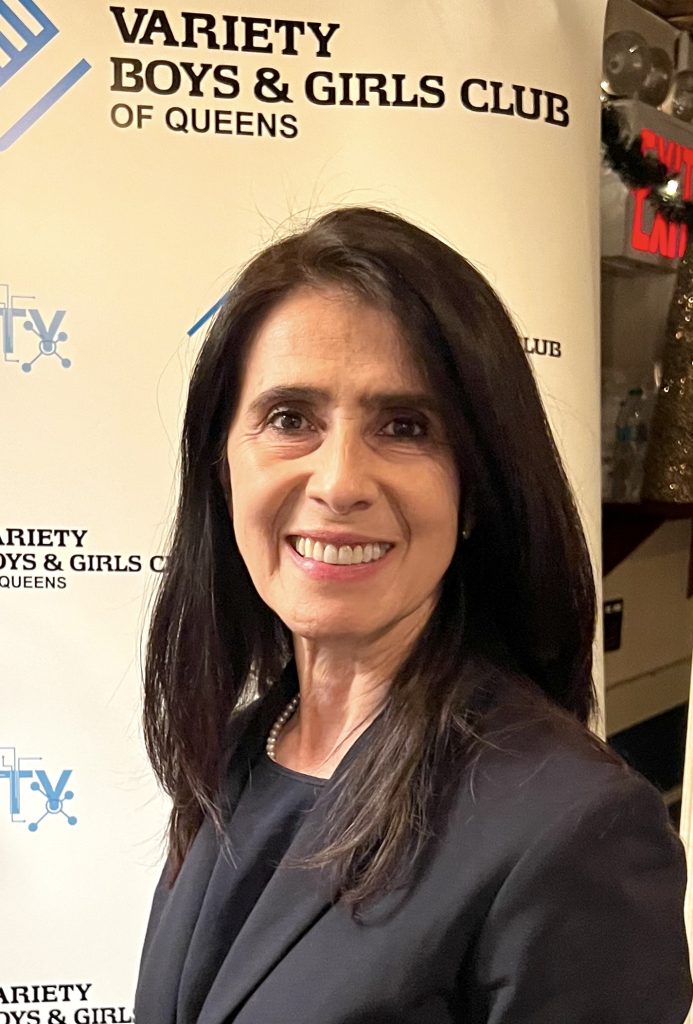
Maria I. Wilpon is a Principal at DLR Group’s New York City office, where she brings over 30 years of diverse experience to drive impactful projects that enrich communities and promote sustainable futures. A visionary leader, Maria seamlessly integrates expertise across public and private sectors, excelling in strategic planning, high-performance team development, and adapting to evolving industry trends. Her talent for building strong client relationships through business development and fundraising has been central to her success. Maria is renowned for her ability to lead organizational change, fostering agility and resilience within her teams. She actively participates in design organizations and industry associations. Her exceptional leadership was recognized with the prestigious UJA Design & Construction Division Award, celebrating her extraordinary vision and achievements in the field. Maria holds a Master of Architecture from Pratt Institute and graduated Cum Laude with a Bachelor of Architecture from Universidad De Los Andes. She is currently an active board member of the Salvadori Center and has previously served on the boards of the Association of Medical Facilities Planning (AMFP), Professional Women in Construction (PWC), and the North Atlantic Council of the Society for College and University Planning (SCUP). Beyond her professional pursuits, Maria is a passionate advocate for cancer research, channeling her commitment into fundraising efforts. She has completed three New York City Marathons and numerous half-marathons around the world in support of this vital cause.
These leaders join the President & CEO of the Queens Chamber of Commerce; Tom Grech, Group Strategy Director at BBDO; Amadeo Plaza, Senior Director, Stakeholder Relations at Hydro Quebec; Peter Rose, Former Chair of Pediatrics for New York Presbyterian, Queens; Jay Abularrage MD., former NYC Council Speaker Honorable Peter Vallone Sr. and Bob & Su Robotti, as the founding leaders of the Board of Governors.
“We are thrilled to add highly talented and passionate people like Paula Kirby, Matthew O’Grady and Maria Wilpon to our team. When you bring leaders like these together with our existing Board of Governors only amazing things happen. The future for the youth we serve and hope to serve by 2030 will be exponentially brightened by the additions we make today”. – Said Walter Sanchez, President Board of Directors Variety Boys and Girls Club of Queens and President of BQE Media.
“I’m thrilled to welcome Paula Kirby, Matthew O’Grady, and Maria Wilpon to the Board of Governors at the Variety Boys and Girls Club of Queens. Their extraordinary leadership and diverse expertise will undoubtedly strengthen our mission of empowering Queens’ youth. Together, we are poised to make an even greater impact as we work toward achieving the ambitious goal of serving 30,000 children by 2030. The Variety Boys and Girls Club is a cornerstone of our community, and I’m honored to serve alongside such dedicated leaders in shaping a brighter future for Queens.” said Tom Grech President and Executive Director of the Queens Chamber of Commerce and one of the founding leaders of the Board of Governors for VBGCQ.


